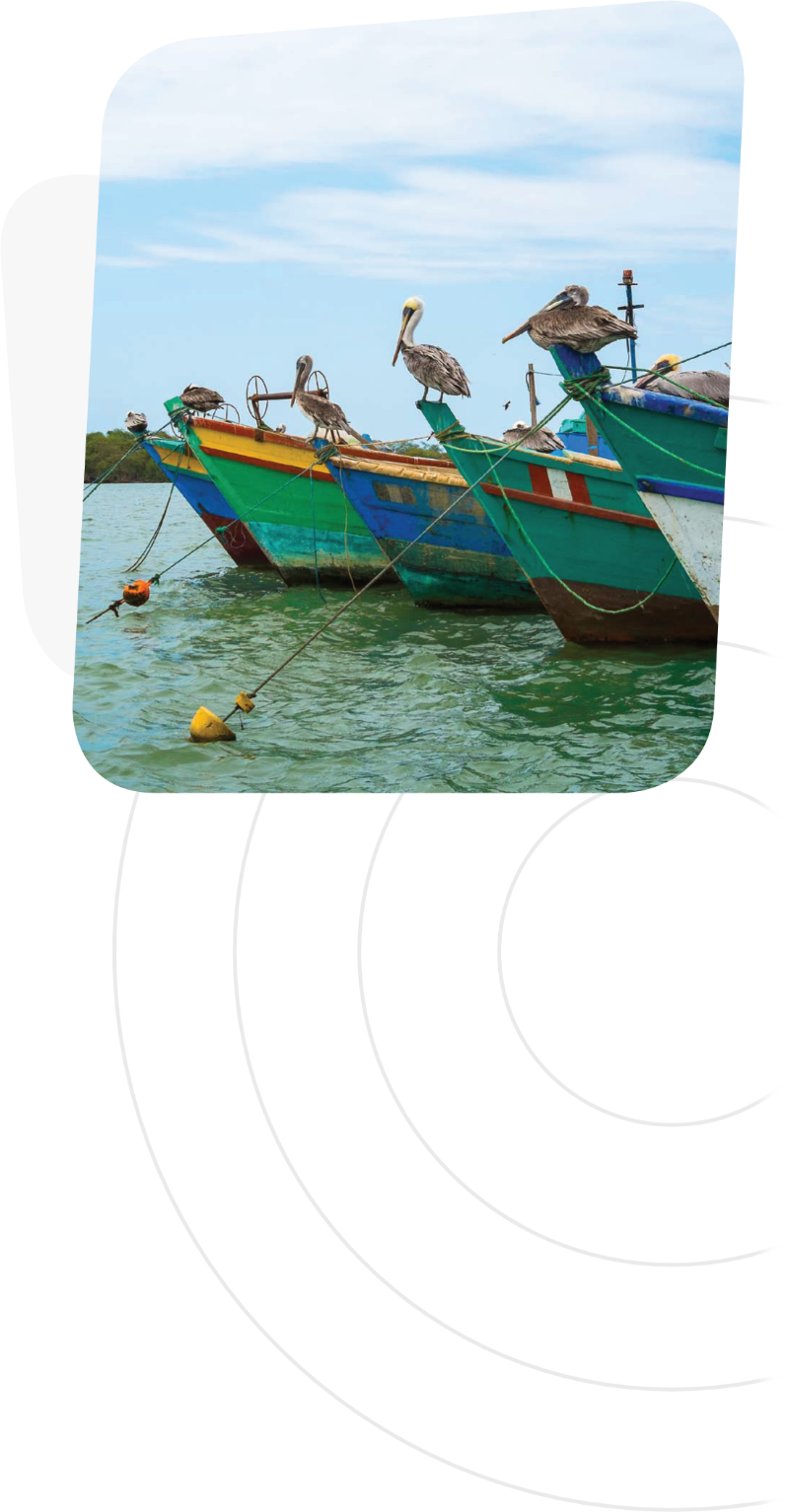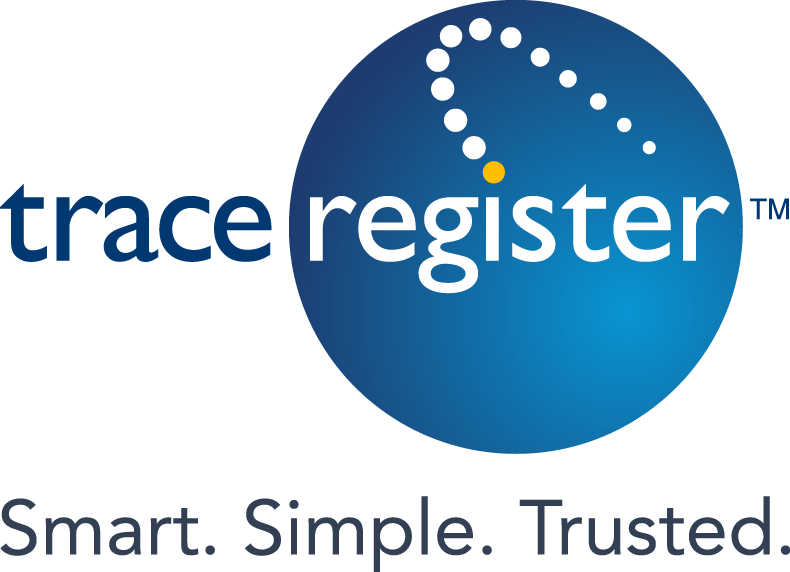TR5 CMCA
Continuous Monitoring Continuous Analysis
Empowering Seafood Traceability and Quality Management
TR5 CMCA
Trace Register defines quality by how well a product meets specific requirements.
Quality data is vital for reliable decision-making. The value of data hinges on its usability; unused data serves no purpose.
Product quality boosts perceived value. Consistent delivery of trustworthy data minimizes risk, lowers costs, and facilitates sales.
What challenges does TR5 CMCA help tackle?
- Missing data. It is challenging when details about the seafood’s origin and production methods are lacking. Existing data may also not include crucial information.
- Wide variation. Seafood production varies widely among fishing boats, farms, and processors scattered across numerous locations. The information is also in different silos and formats, including paper, emails, Excel, Word, and more.
- Massive volumes of complex data. It’s impossible to review vast amounts of complex data manually.
- Quality measurements. Data is essential for quantifying issues when products fail to meet requirements. Effective quality management requires the ability to measure it.

How does TR5 CMCA help manage data and product quality?

LINK
- Provides Linked Data — Event-based full-chain seafood traceability allows companies to share reliable data and tell the complete product story.

Analyze
- Verifies data — CMCA looks at pre-set groups of rules (like specific rule categories) against extensive data to determine compliance. The results are displayed as Pass or Fail and marked as defects.

ACT
- Automatic alerts — CMCA automatically alerts responsible parties upon detecting defects, promoting swift corrective actions that contribute to increased data reliability and the consistent production of higher-value products.
- Continuous improvement — CMCA uses the DMAIC Six Sigma method for ongoing improvement. It helps companies measure, improve, and maintain the quality of their data and products over the long term.
